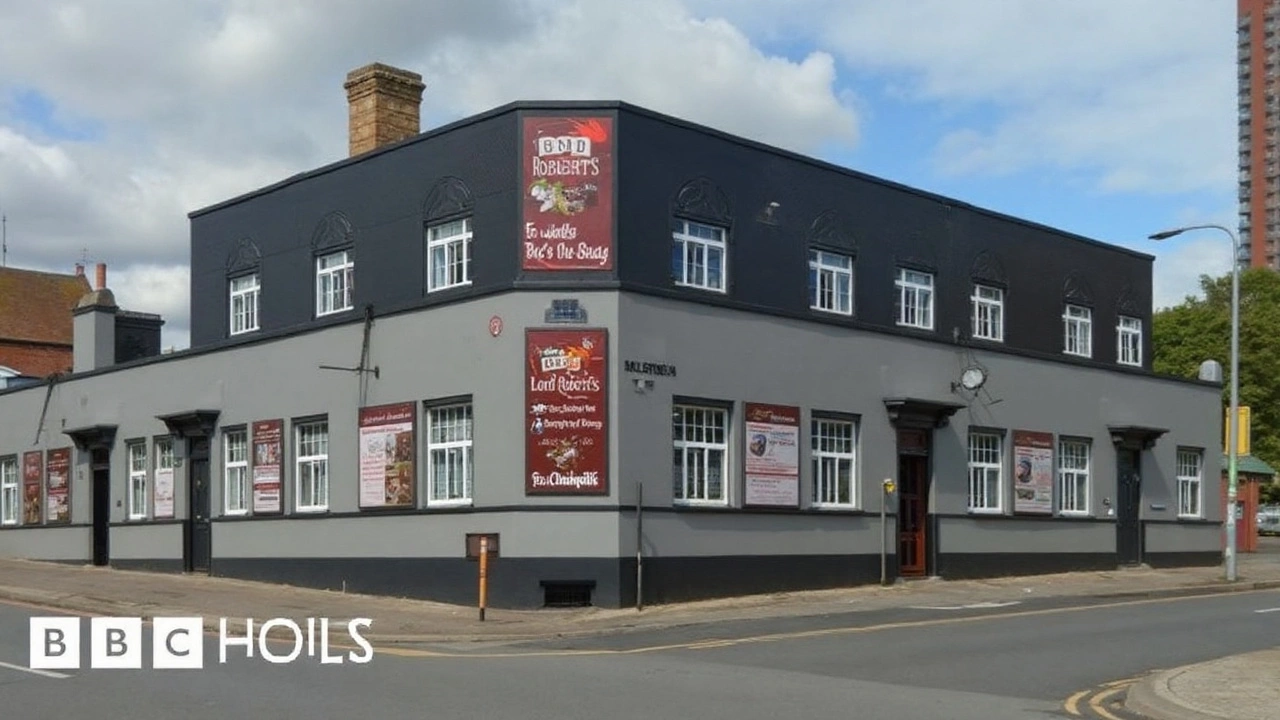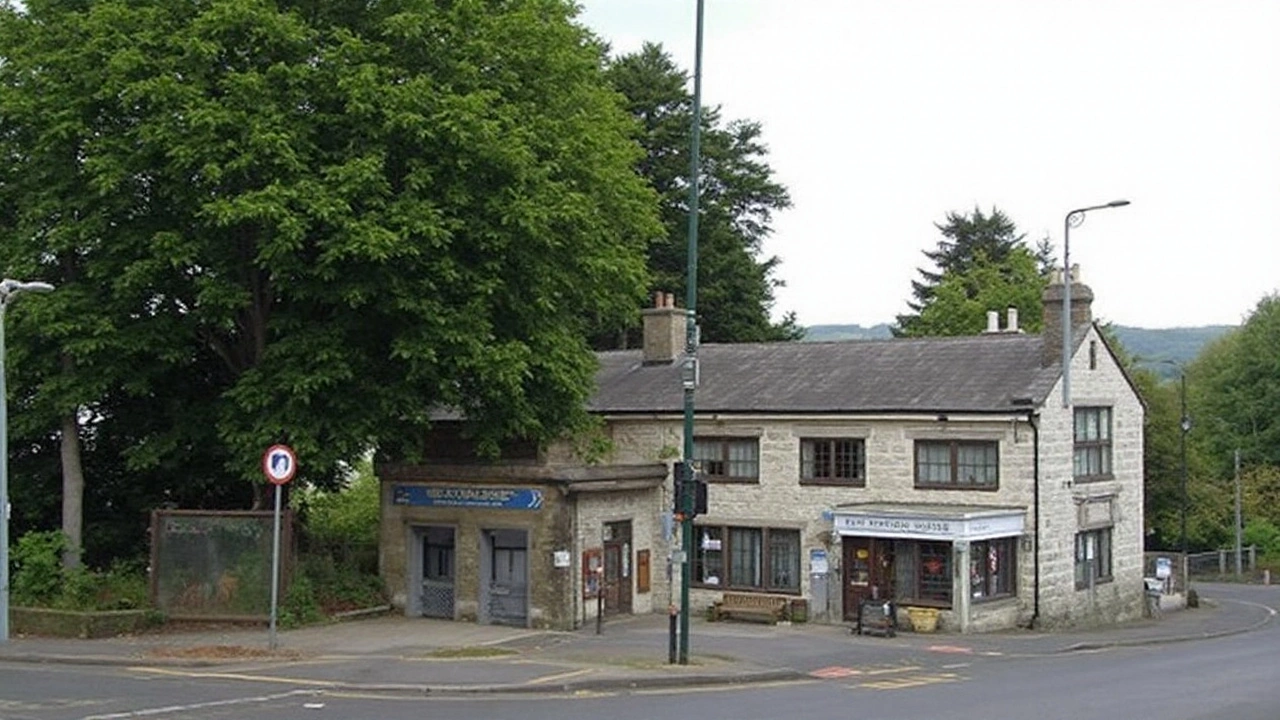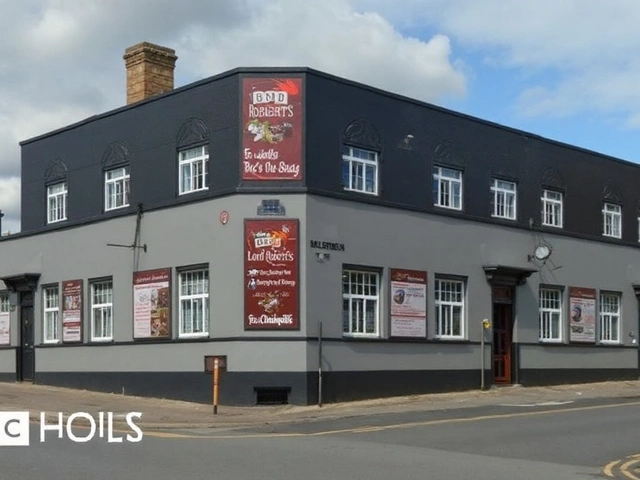Lord Roberts pub Scunthorpe: No evidence for '125-year closure' claim

Rumours of a closure, but no proof
A claim that the Lord Roberts pub Scunthorpe has closed after 125 years is doing the rounds. So far, there’s no solid evidence to support it. Public listings and community resources still show the venue operating, and no official shutdown notice is visible on the usual channels where pubs announce big changes.
Here’s what we can confirm. The Lord Roberts Bar, known locally as “Lord Bob,” sits just behind Scunthorpe’s town market in the centre. It’s listed by the Campaign for Real Ale (CAMRA) as a large town-centre pub that does not serve real ale. On TripAdvisor, it holds a 4.6 out of 5 rating from 19 reviews and ranks 66th of 155 restaurants in Scunthorpe. None of those sources mention a closure or a last trading date.
The “125 years” detail is also unverified. There’s no publicly available founding date tied to the bar in the listings checked. Many British venues named “Lord Roberts” take their title from the Victorian-era military figure Field Marshal Frederick Roberts, but whether the Scunthorpe pub shares that specific heritage is unknown. Without archival records, press notices, or a formal statement from the operator, that anniversary claim remains unconfirmed.
We looked in the obvious places where closures usually surface: hospitality directories, community noticeboards, and archived news items. Nothing points to a definitive end-of-trade. If a pub is closing for good, you often see a cluster of signs—licensing changes, property marketing, farewell posts, and local press follow-ups. None of those are evident right now.

What we know, how rumours start, and how to check
Why do closure rumours gain traction? A few patterns show up again and again. Town-centre pubs sit in the middle of shifting footfall and rising costs. Short trading pauses—refits, staff changes, disputes with suppliers—can look like a permanent shutdown from the outside. One closed weekend, shutters up on a weekday, or a quiet social feed is enough to set off speculation.
There’s also the backdrop: pubs have had a rough few years across England and Wales. Energy bills spiked after 2022, staffing costs rose, and debt from the pandemic didn’t vanish. Industry analysis by business-rates specialists reported the pub count falling below 40,000 in England and Wales for the first time in 2022—an emotional threshold that made any new rumour feel plausible even when it wasn’t. The trend is real; not every local claim is.
Scunthorpe’s centre mirrors what many towns see—regular turnover, periods of refurbishment, and venues trying new formats. Some pubs lean into food and family trade; others stick to late-night crowds. When a place like Lord Bob goes quiet for a few days, people notice. That’s how whispers grow.
Here’s the part that matters for anyone trying to separate fact from noise: real closures leave footprints. They show up in records, on front doors, in operator statements, and through local groups such as CAMRA branches. If none of those appear, it’s a strong hint the story isn’t settled.
What signs usually confirm a pub has closed?
- Official notice from the operator or landlord, often posted on the door and shared on social media.
- Updates on major listings: council licensing changes, business-rate records, or a change in the pub’s status on trade directories.
- Property activity: “To Let/For Sale” boards, commercial agent listings, or planning applications mentioning change of use.
- Local coverage: reports from regional media or community groups confirming a last day of trade.
What did we find in this case? No closure notice on public-facing directories, no trade listing flipped to “permanently closed,” and no regional news item confirming a final night. CAMRA’s entry still describes a large town-centre venue that doesn’t serve real ales. TripAdvisor’s page remains active with historic reviews and no shutdown marker. That doesn’t prove the pub is trading today, but it does show there’s no verified declaration of an end to operations.
Wondering how to check for yourself? These steps work well when a rumour breaks:
- Look for a recent post on the venue’s most active social page. Pubs usually use one channel consistently.
- Call during normal hours. If there’s voicemail, check for a message about refurbishment or reopening plans.
- Scan community listings such as CAMRA entries for status updates. Volunteers often flag closures quickly.
- Walk by if you’re local. Window notices about refits, private events, or temporary closures are common.
- Watch for local council licensing updates or visible property boards, which tend to follow confirmed closures.
One more point about anniversaries: longevity is real pride for pub owners, but exact ages can be slippery. Names change, licences move, and buildings are repurposed. A venue might trade under one identity for decades but carry a licence that predates it by years. When you see a number like “125 years,” treat it as a marker to verify rather than a settled fact.
So where does that leave Lord Bob? With an unproven closure claim and no public evidence confirming a shutdown. If that status changes—say the operator posts an announcement, or licensing records show a surrender—you can expect quick updates from local groups and regulars. Until then, the picture is simple: plenty of chatter, no confirmed closure.
If you have first-hand information—photos of a notice on the door, a message from management, or details of a refurbishment—share it with your local community group so others can see it. Clear information helps everyone, whether you’re planning a night out or keeping tabs on a favourite spot in the town centre.

